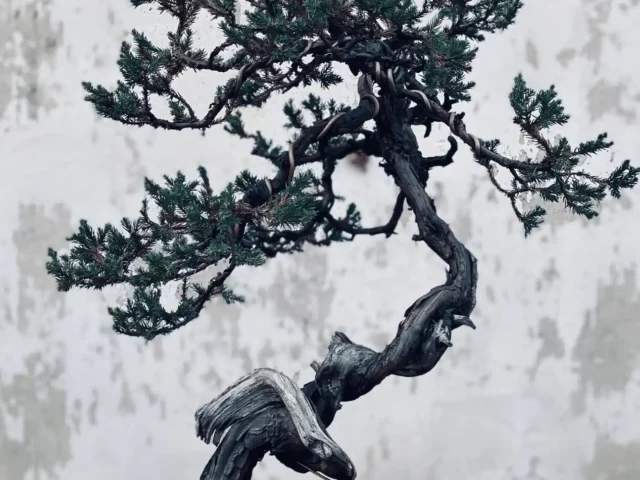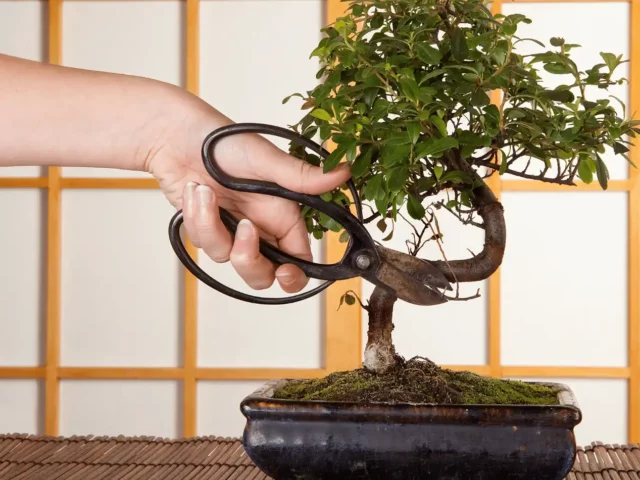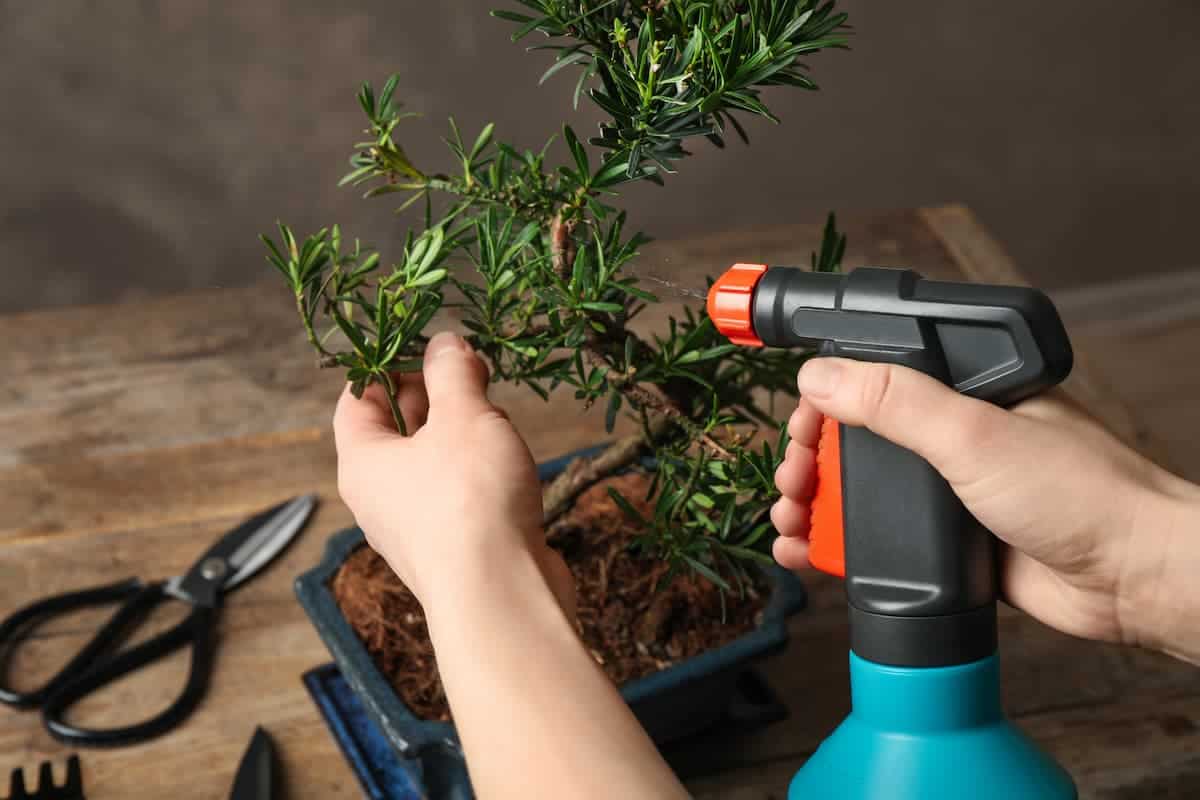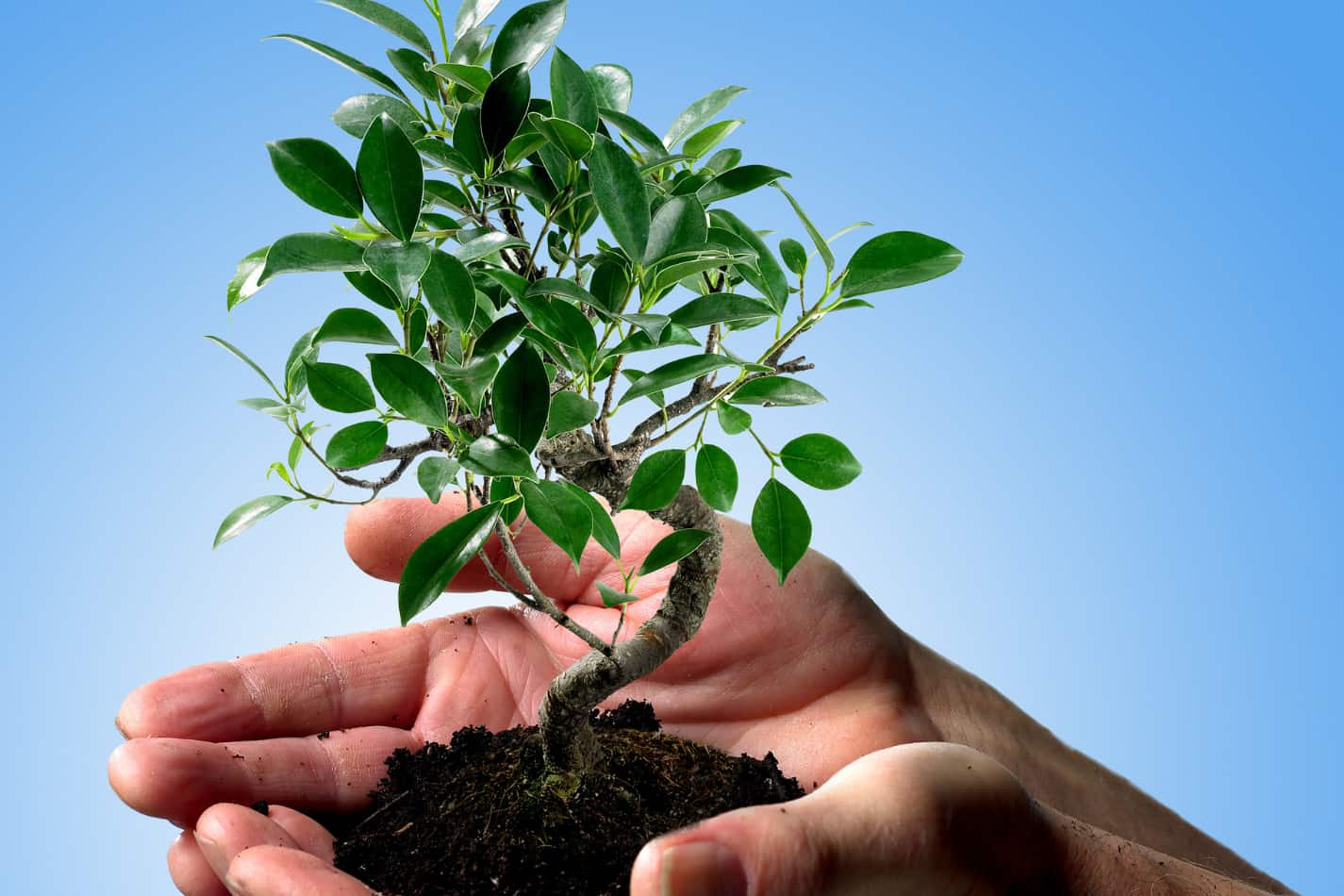There’s hardly any gardener who hasn’t heard of the benefits of Epsom salt as it is widely used to nourish plants from ancient times. This natural supplement helps in the enrichment and growth of plants. Have you ever wondered, is Epsom salt good for bonsai? Let’s get into it!
Epsom salt is considered suitable for bonsai plants. When and how you can use Epsom salt may vary depending on your bonsai type, season, and soil conditions. For most plants, the best time to use Epsom salt is from spring through the beginning of summer.
Though Epsom salt is helpful for bonsai, the efficiency of any supplement depends on whether you are using it carefully or not. Otherwise, it could have a detrimental effect on your bonsai’s health.
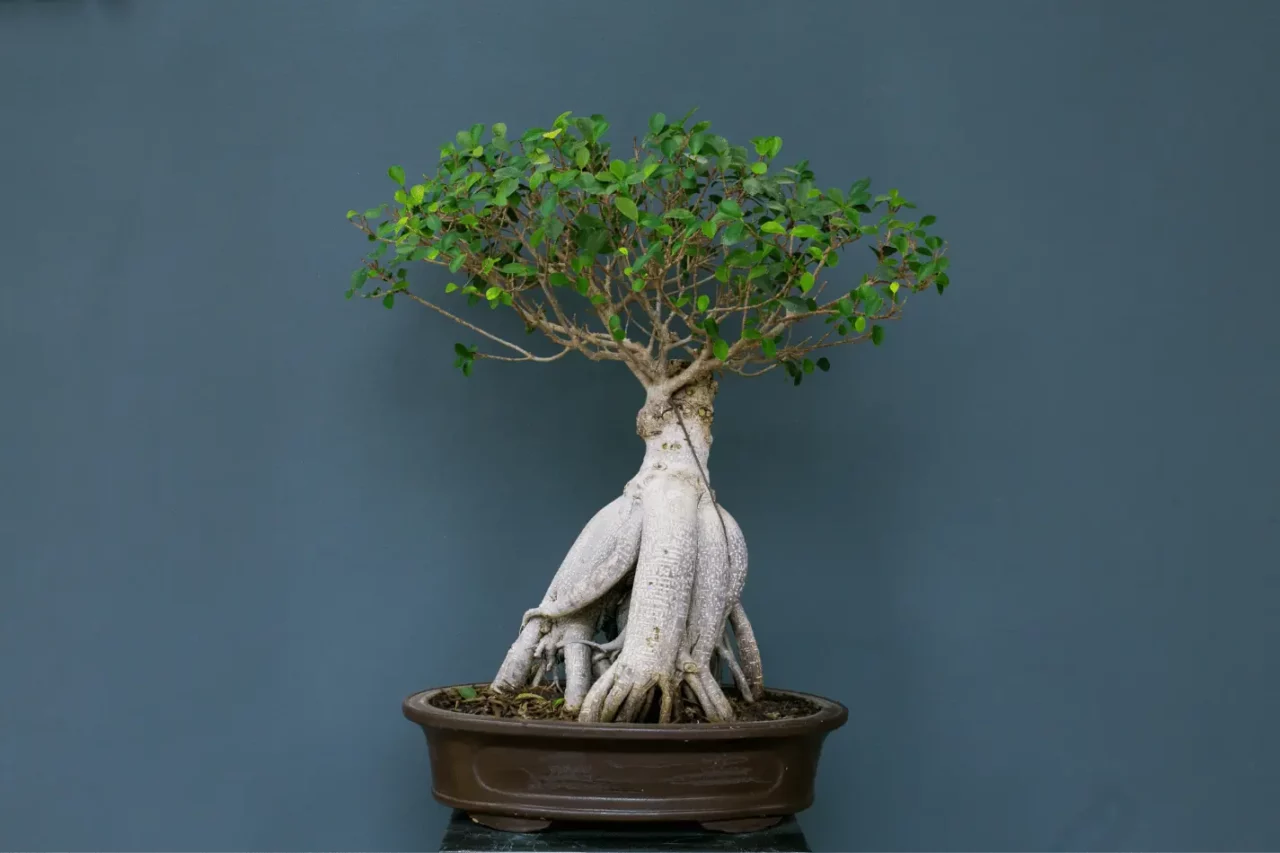
Is Epsom Salt Good For Bonsai?
The magnesium in Epsom salt helps the growth of any plant. It is good for bonsai growth as well. Bonsai plants are usually known for their thick roots and branches that Epsom salt can help to develop.
Usually, during the growing season, spraying the salt on the leaves or foliage helps the bonsai grow faster.
Below are the advantages of using Epsom salt on your bonsai.
Boosts Foliage Growth
It is known mainly that Epsom salt is safe to be used on plants and their leaves. Bonsai plants are no exception. Bonsai plants sprout new leaves every spring. Therefore, spraying Epsom salt might help to boost bud formation in spring.
Epsom or Magnesium Sulfate helps the leaves appear greener. If you want many leaves on the branches of your bonsai, you should use them on your plants in the springtime.
Improves Soil Quality
Many people suggest spraying Epsom salts on plant soil. Epsom hardly contains any fertilizing elements; therefore, it will not drastically change your plant’s soil quality.
However, it generally enhances soil quality by minor degrees if your soil is too dry. It will also add some useful minerals to the soil, further enriching it.
Helps Reduce Nutrient Deficiency
Epsom salt provides bonsai soil with micronutrients. Epsom is inflated with rich micronutrients like magnesium and sulfur which help develop healthy bonsai roots.
They also sometimes help keep tiny pests out of the way that might take away nutrients from bonsai soil.
Thickens Bonsai Roots
Bonsai plants are usually grown for thick roots which are developed over the years. The thicker and healthier bonsai roots are, the longer they can survive.
The magnesium in Epsom salt helps the bonsai plants to grow thick roots. Magnesium is like the prime fuel for bonsai. They help chlorophylls capture sunlight for energy conversion.
Increased magnesium means more chlorophyll activity, which allows tree roots to increase in thickness.
How To Use Epsom Salt On Bonsai?
Mix a couple of tablespoons weighing 30-40 mg of Epsom salt with water and dilute it. It can then be sprayed on the leaves. It can also be sprayed on the tree soil to use as a rooting hormone for the soil. Although Epsom salt cannot be substituted with fertilizers, it can supplement bonsai’s growth.
It is debatable whether you should use it on the roots or soil for better growth. Some suggest spraying Epsom salt on the leaves. It helps the leaves grow greener and the plant grows leafier. Others suggest spraying on the roots to improve root growth.
Use On Foliage
As for the foliage, the Epsom salt helps bonsai grow leaves with each cutting. Therefore, after every cutting and shaping, it is essential to spray bonsai plants with the proper amount of Epsom salt spray.
The magnesium in Epsom salt helps the bonsai plants have greener foliage, thicker branches and thicker roots.
Use On Roots
Epsom is slightly less helpful for the root formation of bonsai. However, it can be used on aerial branches or stems of bonsai roots with a couple of sprays a month. That would give you time to observe if the salt is helping your plant.
Generally, Epsom salt rarely adversely affects plants, so you can safely use it on your bonsai for better foliage and root growth.
When To Use Epsom Salt On Bonsai Plants?
When it comes to using Epsom salt on bonsai, there is no best time to do it. However, it is preferable to increase the use after each cutting so that the foliage grows faster and thicker.
In the winter, most plants lose their leaves. As a result, spring is the best season for new leaves to emerge. Plants like bonsai are no exception.
Generally, Bonsai soil needs to be wet most of the time. So, it is necessary to water it a couple of times when it is small. After they grow up a little, you can water them every seven days. You can also replace the regular water with Epsom salt once every couple of weeks.
If you’ve been spraying your bonsai with Epsom regularly, it is necessary to apply it more after winter. As spring is when new foliage grows, you can spray Epsom salt on the tree branches to help bonsai growth.
How Much Epsom Salt To Use For Different Bonsai?
Watering your bonsai with two tablespoons of Epsom salt a couple of times each month should probably do the trick. If you want to see more growth, try using it once a week. It’s best to spray it on the roots of bonsai trees rather than the leaves. You can also use it to saturate the soil.
For small banyan, cherry, elm, or ficus plants, you can spray Epsom salt mixed with water once a month initially.
Banyan can hold a lot of water as the soil contains a significant portion of sand. Therefore, it is not necessary to spray Epsom salt daily or even weekly on the bonsai.
Whatever bonsai plant you’re using Epsom salt on, you should be careful that you do not overspray it. Otherwise, it might affect the plants’ growth instead of helping them.
What To Avoid While Using Epsom Salt On Bonsai?
Epsom salt should not be overused on bonsai plants. The magnesium in Epsom might be harmful if overused. You should also not mix it directly with the plant soil. Do not use salt water on the soil if the soil is already soaked.
Below are the few precautions you should maintain before spraying Epsom salt on your bonsai.
Overuse
Epsom salt is good for bonsai root and foliage growth, only when properly used. Be careful about how much and how frequently you use Epsom salt.
Do not spray it on your bonsai leaves more than a couple of times a month. Also, remember not to use it in bulk. Otherwise, it might harm your plant’s growth.
No Direct Mixture With Soil
Some people wonder if they can mix Epsom salt directly with plant soil. It is usually a bad idea to mix Epsom salt directly with your soil.
Which might cause too much magnesium in your soil. Spray Epsom salt on your bonsai by diluting it with water only.
Adverse Soil Condition
Be aware not to spray the roots, if the plant is already soaked in water. Bonsai plants need tons of moisture.
So, you should spray Epsom salt when your plants are a little dry so that the plants can absorb the Epsom salt well.
Conclusion
Epsom salt is a widely used growth supplement for plants, including bonsai. It not only helps in the growth of roots and foliage but also improves the soil and nutrient level of bonsai.
Although it is a constant debate among bonsai enthusiasts that is Epsom salt good for bonsai in the long run as the improper application of Epsom salt can deteriorate both bonsai and soil health.
So, if you love your bonsai, you should not solely depend on Epsom salt. To give your bonsai proper nutrients, use Epsom only as a supplement besides other main fertilizers.


